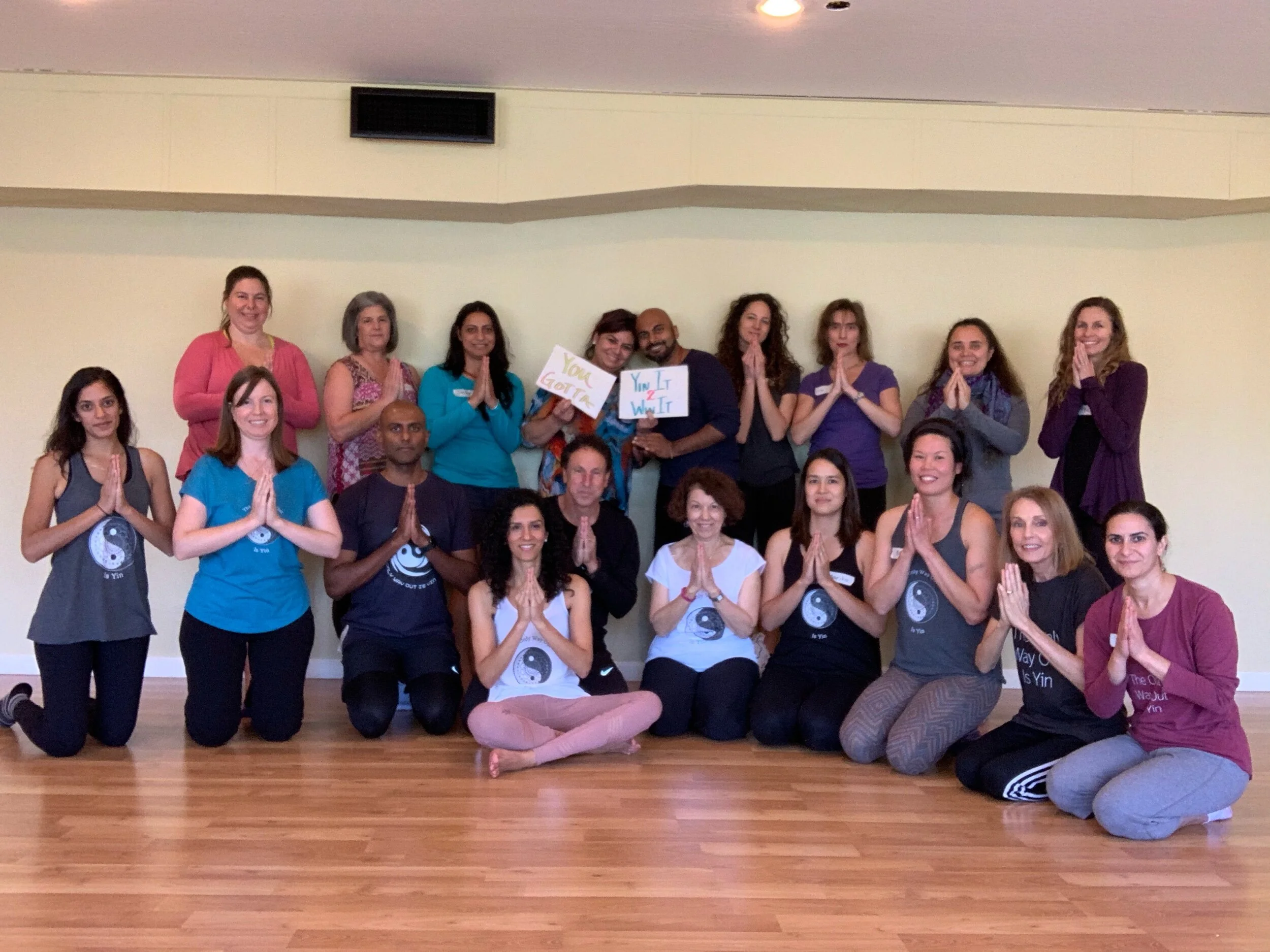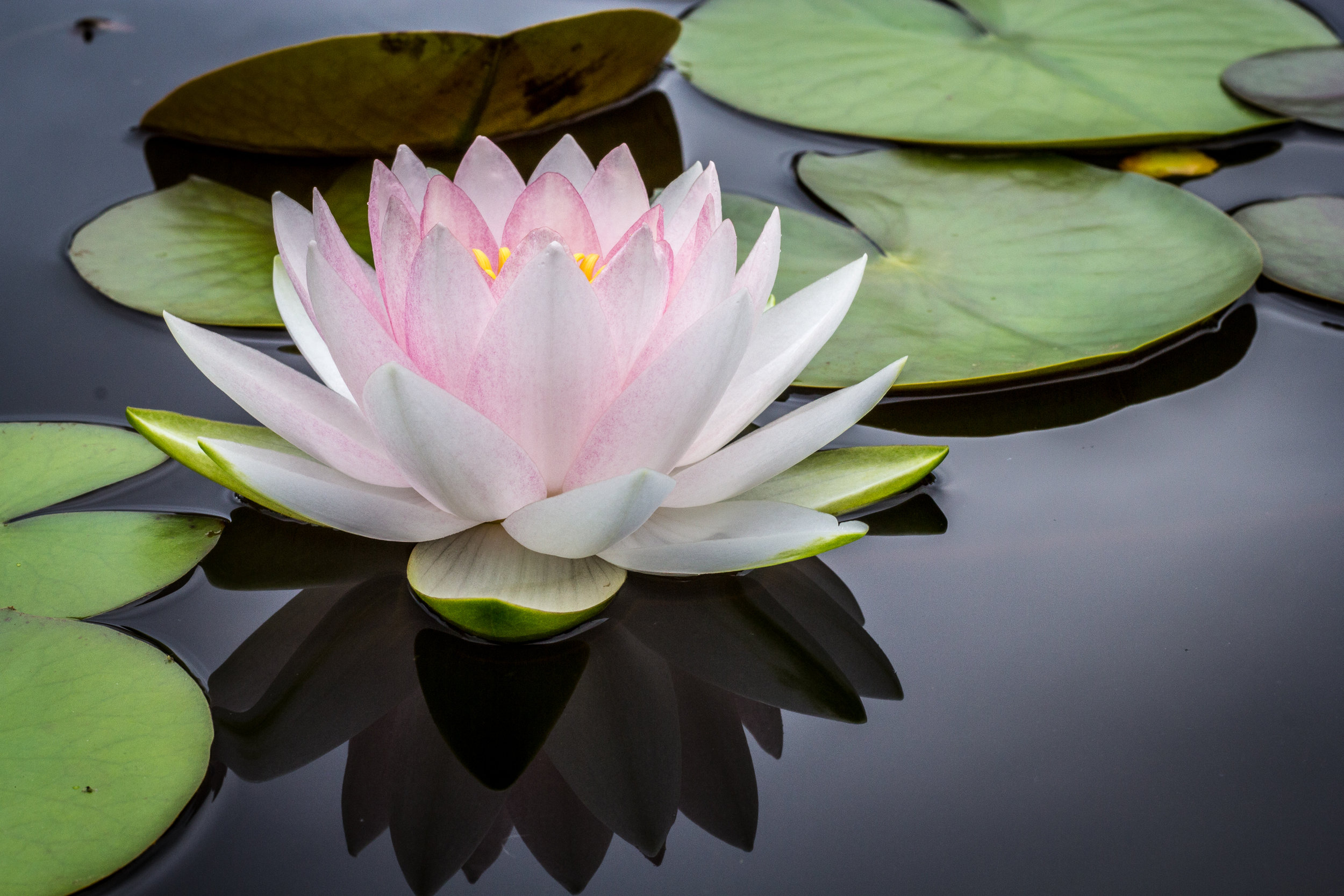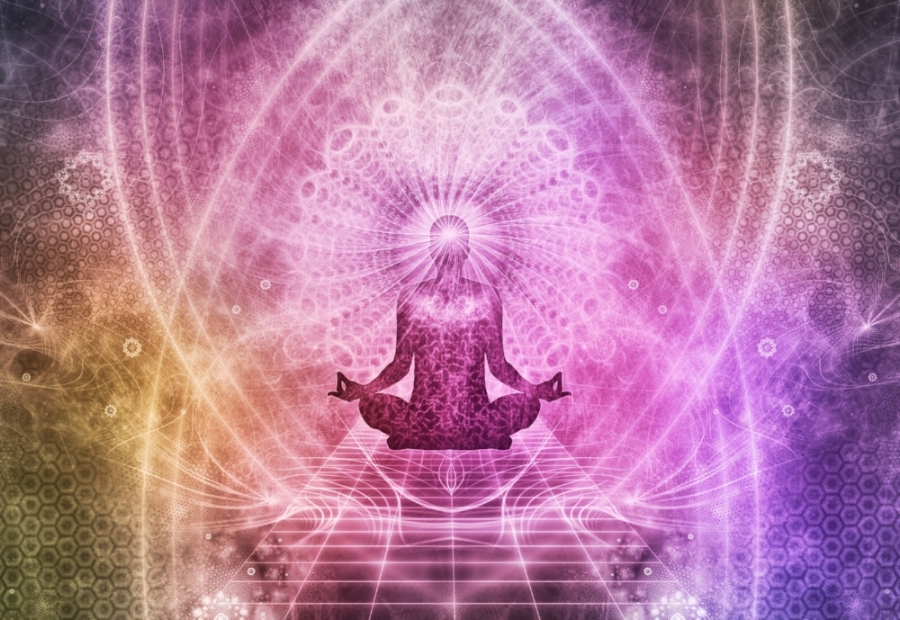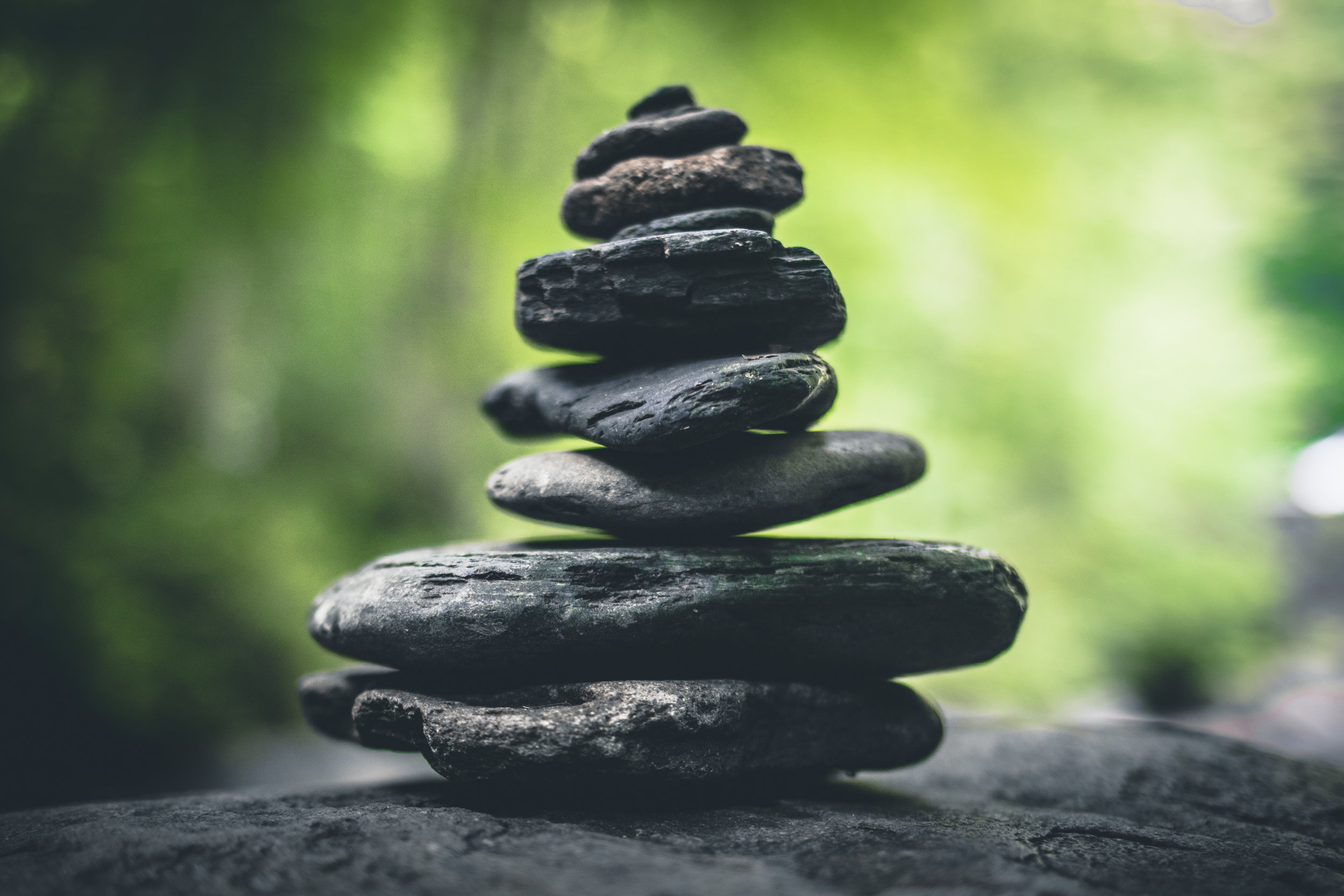by Setareh Moafi, Ph.D., L.Ac.
Your lungs play an important role in your immune system. As part of the respiratory system, they provide a connection between your external and internal worlds through the breath. Inhalation draws in fresh oxygen and Qi, or energy, while exhalation helps you let go of toxins.
The Lungs' natural movement is to disperse and descend Qi.
The Lungs disperse, or spread, the body fluids as well as the Wei Qi, the defensive Qi that runs on the surface of the skin to protect you during the day and travels into the body to help you sleep at night.
This ensures that Wei Qi is equally distributed under the skin and to the muscles to warm and moisten the skin, allowing for a normal amount of sweating, and to protect the body from external pathogens that can cause colds, flus and skin problems (see more about this in a previous article).
As the uppermost organ, the Lungs also descend Qi to communicate with the Kidneys, which are said to 'grasp' the Qi of the Lungs. This allows for deep breathing.
The Lungs also direct body fluids downward to Kidneys and Bladder. Dysfunction in the communication between the Lungs and Kidneys can result in wheezing and asthma or accumulation of fluids either from the failure of the Lungs to descend the Qi or weakness in the Kidneys that prevent the grasping of the Lung Qi.
The Lungs also have an important relationship with the Large Intestine. The descension of Lung Qi stimulates peristalsis to support detoxification through the colon.
While breathing exercises and regular movement practices like Yoga and Qi Gong certainly help to support your Lung Qi, there are also some key foods that can strengthen your Lungs and support your immune system overall.
Since the pathological factor that most commonly affects your Lungs is dryness (which is also the predominant factor during the Fall season) it’s important to stay hydrated and integrate three groups of foods that support the Lungs: fruits, nuts and root vegetables.
Never feel overwhelmed by what to eat again.
Join the waitlist for our one-of-a-kind-nutrition course in 2023.
#1 Fruit
According to Chinese Medicine, all fruits support the Lungs.
Compact fruits such as pears, apples, Asian pears, and persimmons are most beneficial to nourish your Lungs. These fruits moisten Lung Yin to stop a dry cough and increase hydration during the dry season.
Eating apple-pear stew (cut one apple, one pear and simmer slowly on low heat - no water needed!) can help to moisten a dry cough. And drinking a little pear juice before going to bed can help you fall asleep since the Lungs must be nourished to anchor the Wei Qi, or defensive Qi, of the body, to help you fall asleep.
Though fruits are great hydrating foods, they should be consumed in moderation as their sweet nature can create phlegm and congest the Lungs. Citrus in particular, especially in the form of juice, is overly concentrated in sugar and can cause phlegm or mucus to develop, weakening your Lung Qi.
#2 Nuts
Like fruits, all nuts have an affinity with the Lungs. The nuts that help support Lung Qi in particular are pine nuts and sweet almonds. Walnuts help strengthen the Kidneys to grasp the Qi of the Lungs. Walnuts therefore are considered an important food for conditions like asthma with shortness of breath.
The only caution is to eat nuts in moderation and to avoid them if you have skin problems as nuts can generally hyper activate your Wei Qi, or defensive Qi, and lead to allergies, acne and skin irritation.
The damp or fungal nature of nuts also warrant caution. Roasting nuts reduces shelf life by causing the oils to more quickly turn rancid. It’s therefore best to purchase raw nuts and toast or soak them yourself to make them easier to digest. Walnuts and almonds are especially nice to eat when soaked overnight.
#3 Root Vegetables & Tubers
Root vegetables not only support your Lungs’ ability to descend Qi, but they also help fortify your digestive system by fortifying your Spleen and Stomach.
Root vegetables that are high in beta carotene, the precursor to Vitamin A (an important vitamin for immune health as well as the health of your hair, skin and nails) are especially beneficial to strengthen the Lungs. These include carrots, beets and sweet potatoes.
Tubers, including parsnips, rutabaga and daikon also help the Lungs descend Qi to support peristalsis. Rutabaga and daikon are also known for their ability to break up stagnation and clear fire toxins through the colon. In addition, turnips help to break up phlegm and are great to strengthen the Lungs and help clear a cough with mucous.
Conclusion
While these foods can generally support the health of your Lungs, this list is certainly not exhaustive and not all of the foods here may be beneficial to everyone. Nutrition is highly personalized, so if you want more specific recommendations, you can work with us or a trusted practitioner.
Remember that Nutrition = Food + Digestion so it’s important to remember that food is only beneficial when it’s properly digested so it’s always essential to support your digestive system to support healthy nutrition.
If you’re interested in learning about Classical Chinese nutrition in greater depth, you can learn more and join the waitlist for my upcoming program.
Setareh Moafi, Ph.D., L.Ac. is Co-Owner and Director of A Center for Natural Healing in Santa Clara, California, a health and wellness clinic that specializes in Classical Chinese Medicine and Traditional Japanese Acupuncture. Dr. Moafi offers a one-of-a-kind form of empowerment coaching, clinical services, and transformational workshops and online courses that blend the ancient practices of Classical Chinese Medicine and Yoga. More information at www.setarehmoafi.com.





















